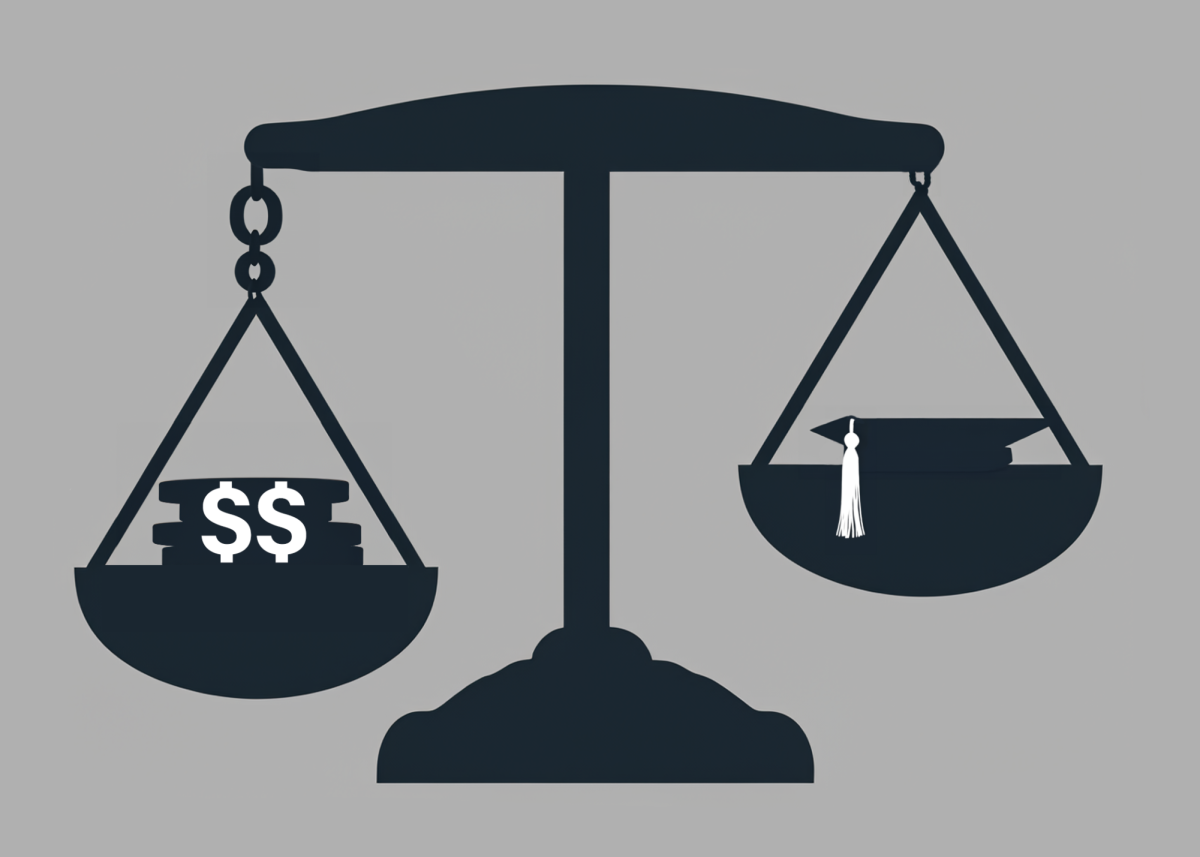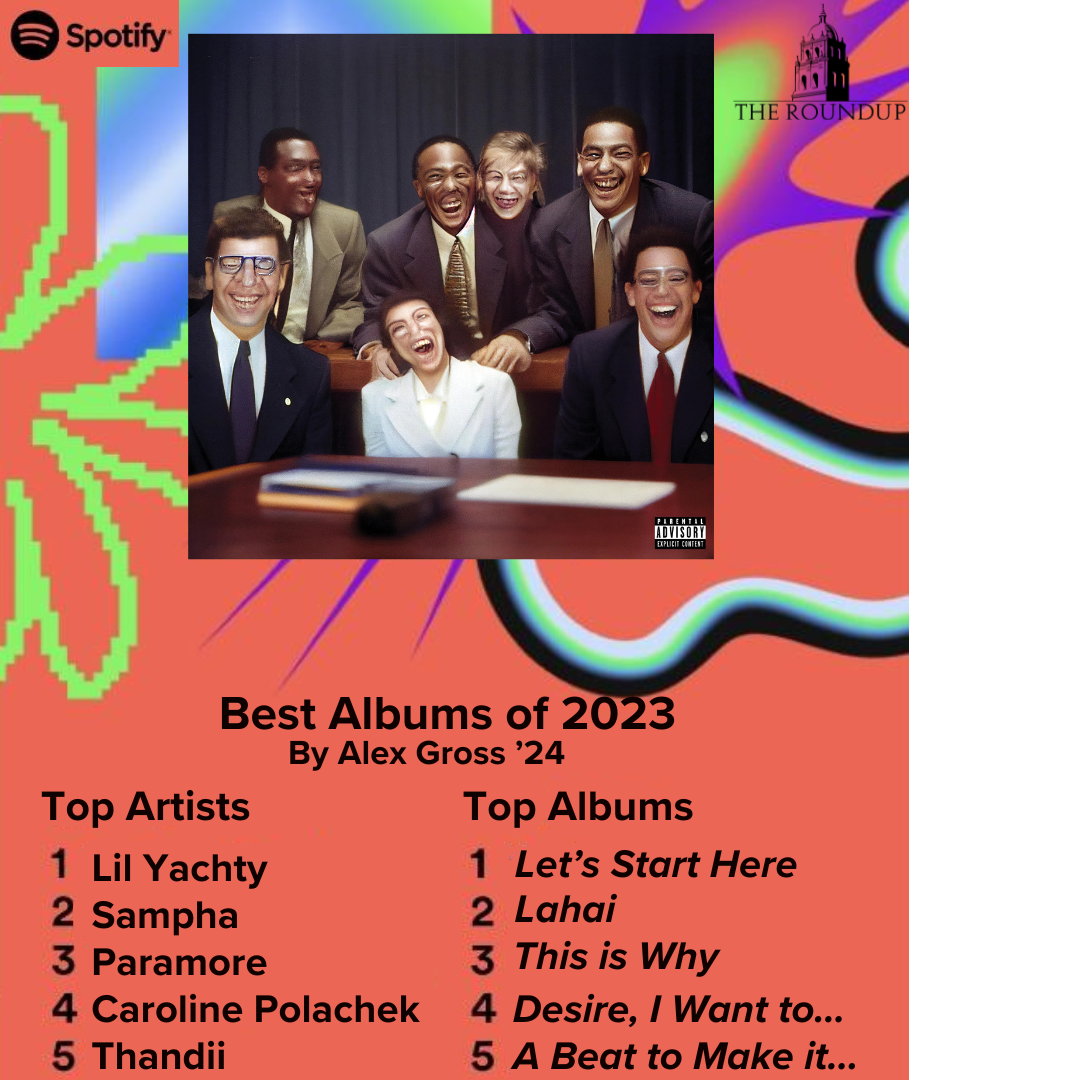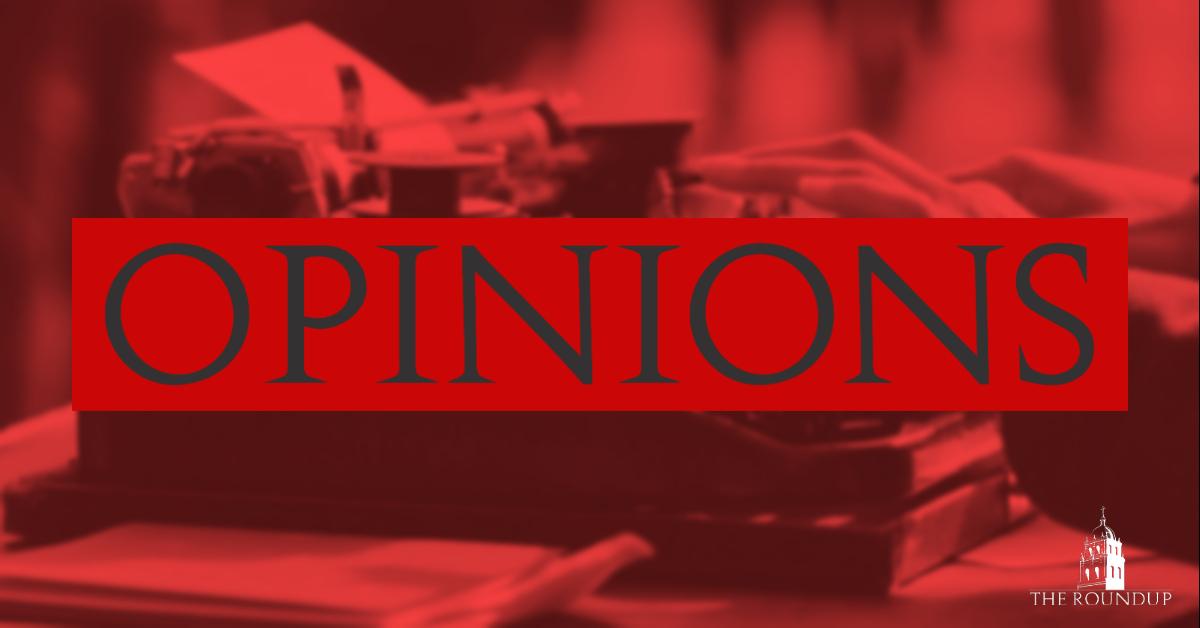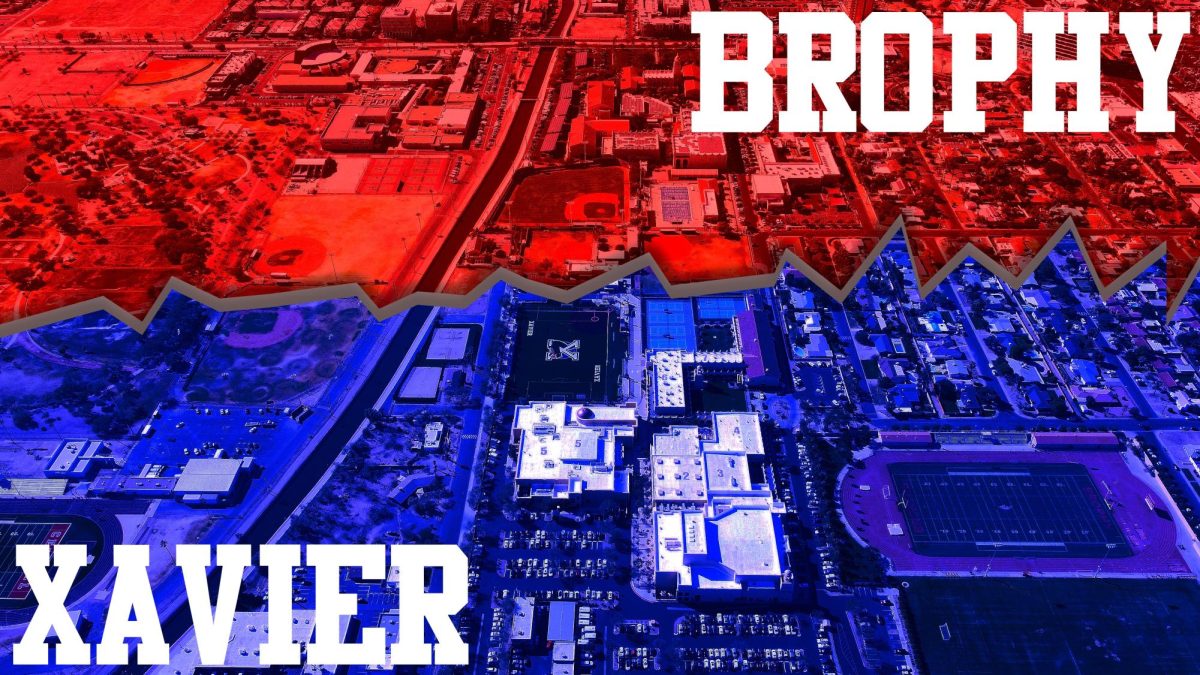By Kaleb Lucero ’18
THE ROUNDUP
Storytelling and the communication of perspective have undoubtedly led individuals to understand groups different from themselves. It is not just that storytelling is useful for this, it’s that storytelling is the exact foundation from which any empathy comes from.
But falsities can be communicated within narratives, both deliberately and out of ignorance, and therefore is able to create misunderstanding.
For example, the diplomat’s job is to tell his country’s perspective, and thereby relay his people’s needs. On the other hand, Julius Caesar, seeking war with the Gauls, might return to Rome with reports of savage and hostile barbarians, thereby moving the people to an understanding that preemptive action was necessary.
I can’t say that humans have ever had a completely true story, nor that we’d know what it’d look like if it was created, but we can recognize what is false if we know it goes against reality.
But even if our settings are fantastic, we absolutely love including themes or morals that are thought of as “truth,” and so even in blatantly fake stories, people still search for that granule of meaning that provides us with some weird ecstasy of justification for wasting our time with something that isn’t “true.”
Nowadays, the method, the media of storytelling, has changed drastically enough to alter the impact of our narratives as well.
We have such an insatiable thirst for immersion, and for the first time in human history, our explosion in technology has allowed us to create visuals and audio uncanny in accuracy, from movies to video games to the reality-consuming VR.
The printing press brought on the spread of stories, modern media brought about the lust for stories. And while some may say that watching whatever you want whenever you want is the path to dystopia, the increased consumption of stories is surely good.
As Mr. Ryan Hubbell said, “Literature and narrative can be one of the best ways to build empathy with people. It’s the old ‘walking a mile in someone’s shoes sort of thing.’”
And for the most part, we value stories that tell us a bit about ourselves. If we look at the best movies, games and shows of our generation, we see that they reveal something about society or some aspect of the human endeavor.
Especially these last couple decades, there seems to be a trend towards realism. We like to see heroes who bleed and enemies who cry. A world of terrific gray tells us more than the comfortable black and white does.
Not only is this the case, but with the market being so saturated with the story of the traditional good guys, it seems there’s been an opening for this more brutal, gritty but ultimately human story.
The role of video games in this should not go unstated. Now, we have an immersive, interactive, and, at least in the last two decades, social experience.
Long gone are the days where the slaughter of cloned AI characters reigned supreme. We now crave the feeling of being amongst equals, opponents and allies who are just as cunning and sharp as ourselves.
Inherently, some play as one side of a conflict and the others play on the other side. Now not only is the enemy actually played by a human, but developers have reason to humanize the enemy within the narrative of the game itself.
However, despite these benefits to interaction and understanding among diverse groups, there are also some drawbacks inherent in our culture and industry of media.
Storytelling is no longer exclusively an art form or a way to communicate ideas, but instead it has become focused on making money.
“We’re a free speech country in a capitalist market, so what exists, there’s a market for,” Mr. Hubbel said.
This is definitely true.
So while some aspects of technology and modern innovation have helped us empathize with groups other than ourselves, there are still those productions which seek to appeal to people’s already cemented beliefs.
Now we have people trapped in their own bubbles, which we see in all sorts of media today.
While these more greed-driven producers still address different groups, they do so in a shallow way, which creates a very fragile understanding of the diversity in our society.
One such example is the epidemic of anti-Japanese World War II films created by Chinese studios. Do they get the clothes right, the language right, but do they get the people and their motivations right? No.
As for social media, such as video games, we end up generally learning that there’s a give and take aspect to life and relations. We understand that if we want something, we have to usually give something up, something present especially in the narratives with branching stories/outcomes.
But these give certain outcomes that players can predict. Reality isn’t so cut and dry, and so when diverse groups end up doing something unpredictable, we might get frustrated.
Again, a fragile understanding to be sure.
And in the end, the conclusion is that while this modern storytelling exposes us to a larger variety of perspectives, it doesn’t seem to have the patience to flesh out those perspectives in a way that would emulate real diversity. In this way, we have failed.
And yet there is hope in the fact that we exult that which does produce perspective in depth.























